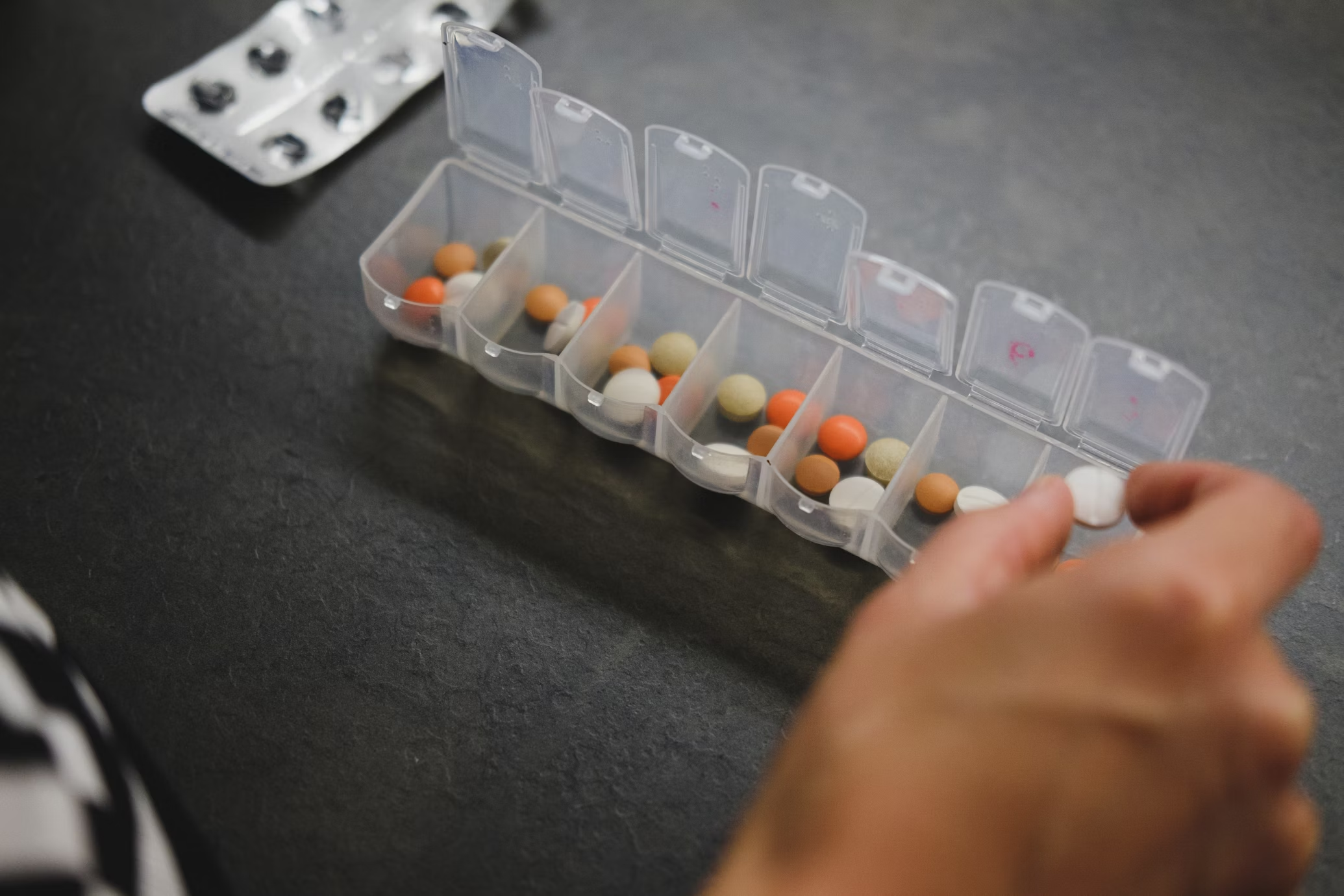College students are bombarded with hard curriculum, extracurricular activities, and social demands. This hectic lifestyle often leads them to use prescription medications for relief. While these drugs might offer temporary help, they can also pose risks to long-term health.
The British Heart Foundation states that taking five to nine medications nearly doubles the risk of experiencing an adverse reaction. For those on 10 or more medicines, the risk triples. Managing medication carefully is key to avoiding serious side effects.
Many students turn to medications to manage stress, anxiety, or pain, thinking it’s a quick fix. However, reliance on these drugs can come with unintended consequences. It’s crucial to weigh the short-term benefits against potential long-term effects on well-being.
Analyzing Opioid Addiction Treatments
While some doctors prescribe opioids for extreme pain, there are serious concerns about their usage among college students. While opioids can be effective in managing acute pain, they carry a high risk of addiction and long-term health issues. Treatments for addiction are receiving more attention as a result of the growth in opioid usage.
American Addiction Centers notes that many young adults aged 18-25 struggle with prescription painkillers or opioid abuse during their college years. This rising problem is a major source of fatalities and injuries in this age range. It’s important to raise awareness and take steps to address the risks of prescription drug misuse in college.
Buprenorphine and methadone are two regularly used medications for opioid addiction recovery. Suboxone, a buprenorphine-naloxone combination, is another treatment option that aims to minimize cravings and withdrawal symptoms while lowering the risk of abuse. However, these treatments themselves can be problematic, with potential side effects and the risk of replacing one addiction with another.
Suboxone, while beneficial for many in the recovery process, has been linked to some notable side effects, including tooth decay. Users of Suboxone may experience dry mouth, which can contribute to a higher risk of dental issues. The medication’s effects can cause the mouth to dry up, leading to increased plaque build-up and, consequently, tooth decay.
According to TruLaw, there have been legal concerns and lawsuits related to Suboxone. Some lawsuits have alleged that the manufacturers did not adequately warn about the risks of side effects, including its impact on oral health. Legal actions often claim that inadequate disclosure of these risks contributed to harm among users.
As per Lawsuit Legal News, settlements in such cases vary based on the extent of damage and the cost of treatments. While each case is unique, the Suboxone lawsuit payout per person is expected to fall between $50,000 and $150,000. These amounts cover both financial losses and non-economic damages, such as pain and distress.
What are alternative pain relief methods?
Alternative pain relief methods include acupuncture, yoga, and herbal supplements. These approaches can complement traditional treatments and help reduce reliance on medications. Many individuals find that combining these methods improves their overall comfort and enhances their quality of life.
The Influence of Prescription Drugs on Sleep Patterns
Prescription medications can significantly affect sleep patterns, which is particularly important for college students who often struggle with managing their sleep schedule. Medications such as stimulants and certain antidepressants may disrupt sleep, causing insomnia or poor sleep quality.
On the other side, anxiety and depression drugs can cause excessive sleepiness or disrupted sleep patterns. These disturbances can have an impact on general health, cognitive function, and day-to-day functioning. Understanding how different drugs affect sleep and collaborating with healthcare practitioners to control their effects is critical for leading a balanced and healthy lifestyle.
How does poor sleep affect academics?
Poor sleep can significantly impair cognitive function, leading to decreased focus and memory retention. This lack of rest often results in lower academic performance and reduced participation in class activities. Consistently poor sleep can also contribute to increased stress and anxiety among students.
Prescription Medications and Mental Health Management
BestColleges.com highlights that 76% of college students faced moderate to serious psychological distress in 2023. Anxiety affected 36% of students, while 28% dealt with depression. Many also struggled with trauma, eating disorders, OCD, bipolar disorder, and substance use issues.
Prescription medications are often prescribed to manage conditions like depression and anxiety. Antidepressants and anxiolytics can be effective in stabilizing mood and alleviating symptoms, but they come with their own set of considerations.
Side effects, such as weight gain, fatigue, and sexual dysfunction, can impact a student’s quality of life. Moreover, the need for ongoing adjustments to medication dosages can be a burden. Students must work closely with healthcare providers to monitor their mental health and adjust their treatment as needed to ensure the best outcomes.
How can students maintain a mental wellness balance?
Students can maintain a mental wellness balance by practicing mindfulness techniques and setting aside time for hobbies. Regular physical activity and maintaining social connections are also essential for emotional health. Establishing a routine that prioritizes self-care can help students manage stress effectively and enhance overall well-being.
College life brings immense pressure, and many students turn to prescription medications for relief. While these drugs may offer short-term help, the risks—such as addiction, sleep issues, and mental health challenges—are real. Fortunately, there are safer alternatives. Options like physical therapy, meditation, and acupuncture can manage pain without the risk of dependency.
Prioritizing good sleep and working closely with healthcare providers helps mitigate medication-related sleep disruptions. For mental health, a holistic approach works best by combining medication with counseling, exercise, and mindfulness practices. This supports long-term well-being, allowing students to thrive without compromising their health in the academic whirlwind.


















